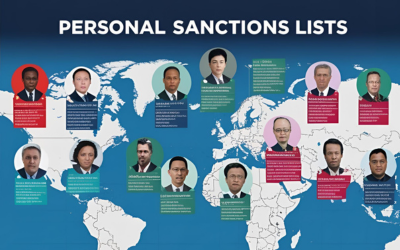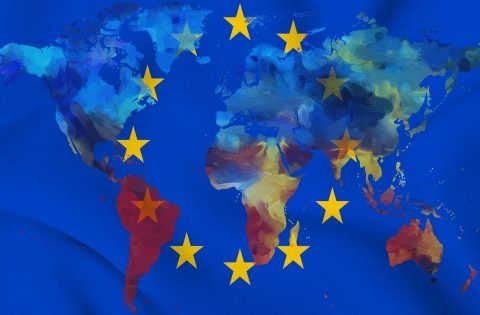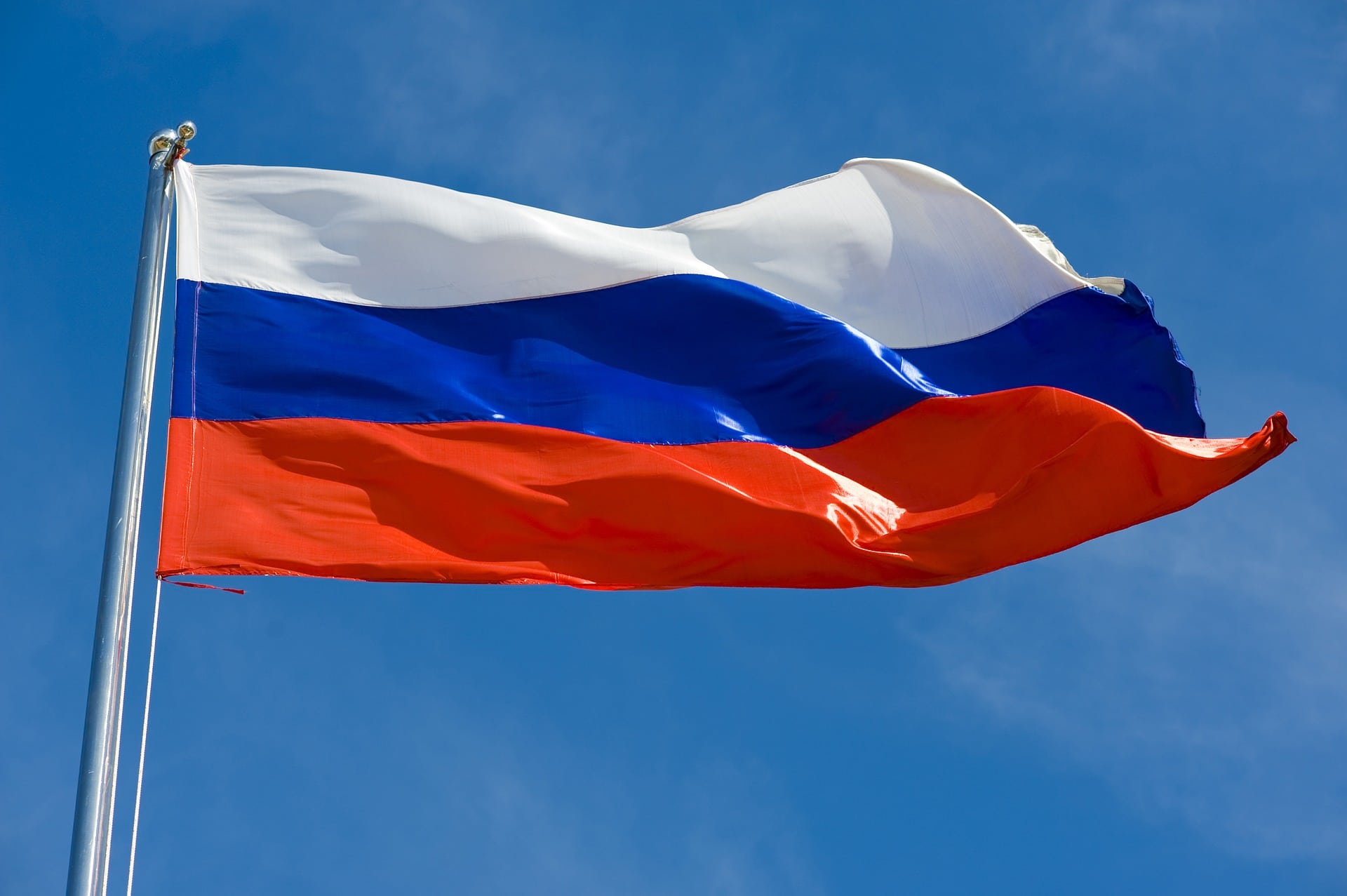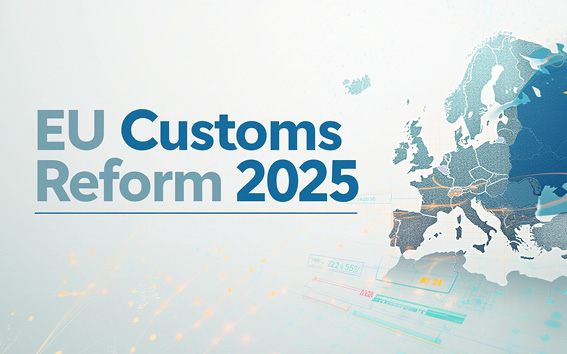What is a personal sanctions list?
Sanctions against individuals and organizations
A personal sanctions list lists natural or legal persons against whom sanctions have been imposed. They therefore focus on individuals and organizations and list political measures for dealing with them. The background to this is often the involvement of the sanctioned persons or organizations in terrorism, war crimes, cyber attacks, corruption or similar.
Personal sanction measures
Personal sanction measures may include, for example:
- Travel bans: Entry or transit in the EU customs territory prohibited
- Financial sanctions: Prohibition or restriction of payment transactions
- Prohibition of participation: direct and indirect involvement in the business, companies, payment transactions, etc. of listed persons prohibited
- Prohibition of performance: even contracts already concluded at the time of the sanction may no longer be executed
- Arms embargoes: export / transfer of weapons and armaments prohibited
Person-related vs. country- and goods-related lists
Personal sanctions lists must be distinguished from country-specific sanctions lists. The latter describe measures that apply directly to an entire nation state – such as sanctions against Russia. On the other hand, person-related lists differ from goods-related lists, which impose restrictions on trade in certain goods and services.
What personal sanctions lists are there?
There are currently ordinances and personal sanctions lists for
- involved in the development of chemical weapons: VO (EU) 2018/1542
- involved in cyber attacks: VO (EU) 2019/796
- suspected of terrorism: VO (EG) Nr. 2580/2001
- Associated with the assassination of Rafik Kairi (former Prime Minister of Lebanon): VO (EG) Nr. 305/2006
- those involved in serious human rights violations and abuses: VO (EU) 2020/1998
Sanctions also apply in relation to certain groups:
- ISIL(Da’esh) and Al-Qaida: VO (EG) Nr. 881/2002 and VO (EU) 2016/1686
- Taliban: VO (EU) Nr. 753/2011
- Hamas / Palestinian Islamic Jihad: VO (EU) 2024/386
Important: In addition to these personal sanctions lists, companies must also observe country and goods-related restrictions. A comparison of business contacts with individual sanctioned persons, organizations or companies is not sufficient.
Legal security for your company - with SANSCREEN
With SANSCREEN, you can play it safe. Check your business contacts manually or automatically against daily sanctions lists. With detailed and audit-proof logs, you can provide complete proof of your compliance measures if required.
Background: Sanctions & sanctions list check
What is a sanction? Who imposes sanctions and why?
Sanctions are restrictive measures adopted independently by the United Nations, the European Union within the framework of the Common Foreign and Security Policy and nation states. They can apply to individuals and organizations, but also to entire countries or be limited to certain goods. Sanctions are imposed, for example, to combat terrorism or to prevent human rights violations or wars. Depending on the type of measures, a distinction is also made between
- Trade embargoes and sanctions
- Financial sanctions
- Diplomatic sanctions
- etc.
What impact do sanctions have on corporate business?
If certain individuals or organizations – or even countries as a whole – are sanctioned, this has direct consequences for them. For example, EU regulations can provide for the freezing of funds and economic resources. But a trade freeze can also be ordered. Business relationships and payment transactions must then be stopped immediately. Otherwise there is a risk of reputational damage and criminal prosecution.
Conversely, for companies this means that all business partners (suppliers, service providers, customers, etc.) and, where applicable, employees must be regularly checked to see whether sanctions have been imposed on them.
How do I find out which countries, persons and organizations are sanctioned?
To test countries and individuals as well as companies and organizations for sanctions, it is necessary to take a look at the so-called sanctions lists. They are published by the UN, EU or the nation state and are freely accessible to everyone. The lists always include the individuals, groups and organizations currently affected.






